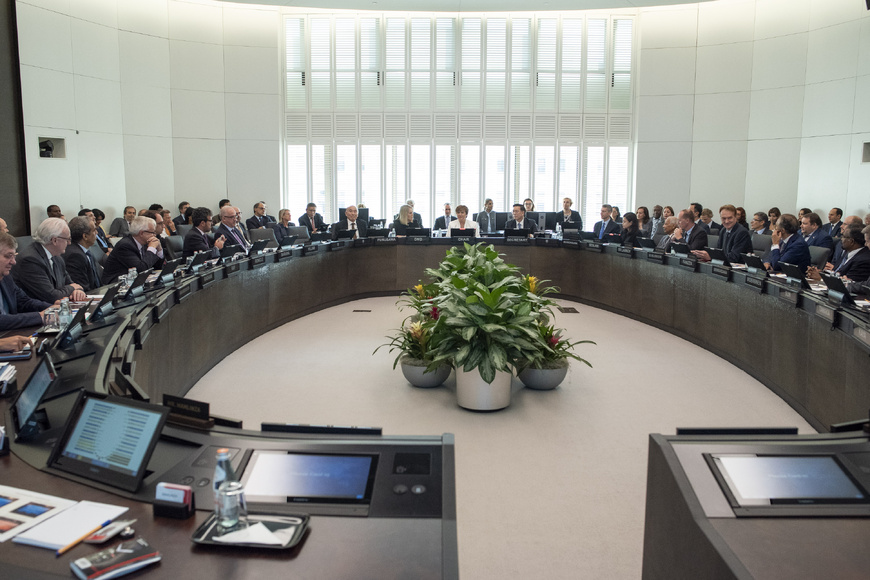IMF approves $625 Million credit facility to support Chad’s economic reforms amid humanitarian crisis

The Executive Board of the International Monetary Fund (IMF) has approved a new 48-month Extended Credit Facility (ECF) agreement for Chad, totaling SDR 455.65 million (approximately US$625 million or 325% of the country’s quota).
The decision allows for an immediate disbursement of SDR 28.04 million (around US$38.5 million), aiming to address Chad’s acute balance of payments needs and support structural reforms.
According to the IMF, the programme aligns with Chad’s National Development Plan 2025–2030 and rests on three central pillars: securing fiscal sustainability, expanding targeted social spending, and improving governance and the business climate.
The facility is also expected to mobilize further support from Chad’s international development partners.
“The programme will provide essential budgetary space for key development projects, enhance social protection efforts, and lay the groundwork for stronger, more inclusive economic growth,” the IMF stated.
The decision comes at a critical time for Chad, a country grappling with severe financial pressures exacerbated by oil price volatility, an unprecedented refugee crisis driven by conflict in neighbouring Sudan, worsening food insecurity, and a sharp decline in external aid.
IMF Deputy Managing Director and Acting Chair Mr. Clarke said: “Chad faces formidable challenges stemming from humanitarian, climate, and security shocks, worsened by declining oil revenues and reduced public development assistance. These factors have intensified social and economic strains.”
He added: “The authorities’ programme, backed by the new four-year ECF arrangement, seeks to address balance of payments needs, maintain macroeconomic stability, and foster inclusive growth. This hinges on three priorities: ensuring fiscal sustainability to create room for development spending; scaling up targeted social expenditures to combat widespread poverty; and strengthening governance and the business environment to enable private sector development.”
To support these goals, the IMF emphasized the importance of enhancing non-oil revenues through targeted tax increases, eliminating inefficient tax exemptions, and digitizing tax administration.
On the spending side, rationalizing the public wage bill, limiting emergency expenditures, and improving public financial management and transparency were identified as key measures.
In addition, the government’s plans to expand biometric identification and a unified social registry were highlighted as critical to effective social protection.
Governance reforms, particularly in the oil sector, are deemed vital to enhancing transparency and accountability.
The IMF also welcomed Chad’s request for a governance diagnostic, signaling a commitment to institutional reform and fiscal discipline, even amid complex humanitarian and economic pressures.
About The Author
dailymailafric
I am an avid African news observer, and an active member of Daily Mail Africa.
I’m Passionate about staying informed on diverse topics across the continent,
I actively contribute to publishing on political, economic and cultural developments in Africa.



